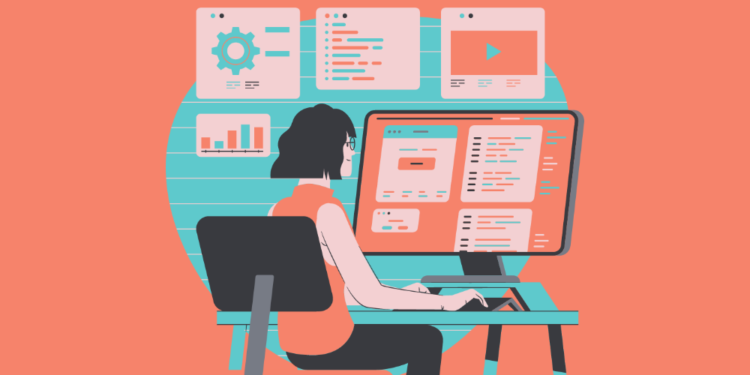In today’s fast-paced world of round-the-clock news and social media buzz, the role of media literacy has never been more important.
This is because, we wake up to notifications on our smartphones, scroll through social media feeds, and consume news from a variety of sources every single day.
Since individuals are exposed to multiple sources of information, it is incredibly difficult to distinguish truth from lies.
Anyone can publish anything on the internet and propagate disinformation.
Misleading headlines, doctored images, fake stories and propaganda have become commonplace and can quickly go viral and influence public opinion and even undermine democracy if they are not scrutinized and challenged.
Disinformation: A Wild Fire
Human beings have a natural tendency to believe information from sources they find trustworthy, without critically evaluating the information itself.
Thus, disinformation is a wildfire due to its inherent speed and takes advantage of the basic human need for social connection.
Ultimately, this tendency is further amplified as a lot of people tend to conform to the views of the majority in society, even if those views are incorrect or based on false information.
Nigeria has Experienced its Fair Share
Nigeria has experienced a great of disinformation over the years.
One such vital event was the 2019 Nigerian presidential election.
During this period, social media platforms were awash with information about the different candidates contesting for the top seat in the country. Unfortunately, some of these reports were false, misleading, and biased.
Many Nigerians, especially those who were not media literate, fell for these falsehoods, which affected their voting decisions. Thus, the result of the election was highly controversial.
Likewise, during the COVID-19 pandemic, the Nigerian government mobilized various resources to control the spread of the virus. However, there were false theories about the virus that spread on social media platforms.
Many Nigerians believed these false theories, which affected their ability to adhere to government guidelines.
Media literacy would have enabled individuals to differentiate between facts and fiction, and this would have resulted in better compliance with government directives.
Another example is the 2020 Lekki Toll Gate shooting.
After the military opened fire on peaceful protesters at the Lekki Toll Gate in Lagos, a lot of conflicting reports emerged.
Some claimed that the military had used live ammunition on protesters, while others maintained that no one was killed.
The government denied that any lives were lost, but video evidence showed that soldiers had opened fire on the protesters.
It was only through diligent reporting from credible news outlets that the truth finally emerged.
The role of media literacy in influencing the outcome of the aforementioned events and several other examples cannot be underestimated.
This is why it is considered a fundamental aspect of education, and its weavers have become indispensable in this 21st century.
What is Media Literacy?
Simply put, it is the ability to analyze, interpret and evaluate media messages and to use this understanding to make informed decisions.
With media literacy, we can learn to recognize biases and distinguish between fact and opinion – this includes being able to identify the tone, purpose, motive, and credibility of the information presented and become more informed consumers of media.
A Dynamic Process
Media literacy is a vital skill set in our modern era.
By understanding how the media works, we can learn to recognize when we’re being manipulated, and when we’re being fed false information.
Media literacy helps us to understand the context of the message, the purpose of the message, and the credibility of the source.
And because the media landscape is dynamic, it is vital to note that media literacy is not a one-time activity but a continuous process.
Furthermore, today’s youth are growing up in a world where media is ever-present and influential.
There’s a lot of exposure to a vast array of media messages which is why the role of media literacy is essential to learn to navigate this landscape.
So, how can we promote media literacy?
Individuals need to take responsibility for their own media consumption.
This means taking the time to research sources, fact-check information, and think critically about media messages.
Moreover, because the role of media literacy is key, educational institutions should teach media literacy skills, and encourage people to think critically about what they see and hear.
It’s a lesson that is highly needed.
Everyone must be able to understand the influence of the media on their lives and make informed decisions.
By being media literate, we can combat disinformation, promote critical thinking, and create a more informed society.

































